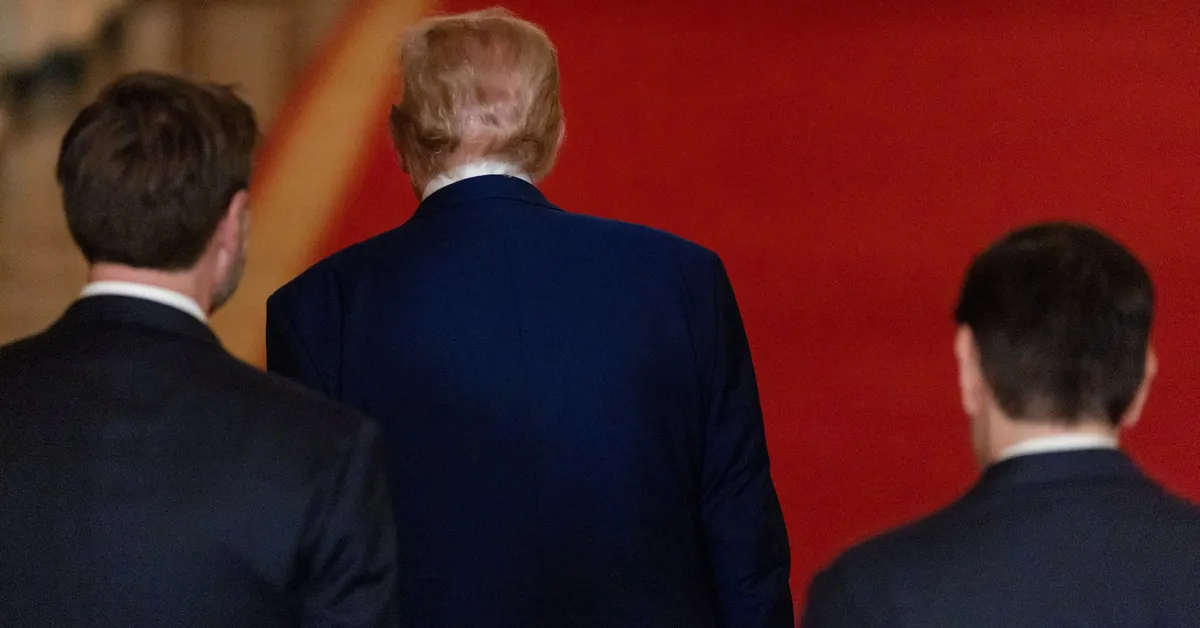
On June 22, 2023, President Donald Trump made a historic and controversial move by authorizing airstrikes on Iran’s nuclear facilities, directly aligning with Israel’s military actions against its regional adversary. This unprecedented decision marks a significant shift in U.S. foreign policy and represents one of the biggest gambles of Trump’s presidency, raising serious concerns about the potential for escalating conflict.
With this military intervention, Trump has contradicted his earlier stance of avoiding entanglement in foreign wars. Analysts warn that this could provoke a strong retaliation from Tehran, potentially leading to the closure of the Strait of Hormuz—a critical chokepoint for global oil shipments. Such actions could escalate tensions further, resulting in attacks on U.S. military bases and allies in the Middle East, increasing missile strikes on Israel, or activating proxy groups targeting American and Israeli interests worldwide.
“The situation is precarious,” commented Aaron David Miller, a former negotiator for both Democratic and Republican administrations. “Although Iran’s military capabilities are currently degraded, they possess numerous asymmetric methods of response. This conflict is unlikely to conclude swiftly.”
Leading up to the airstrikes, Trump had oscillated between threatening military action and calling for renewed negotiations aimed at convincing Iran to abandon its nuclear ambitions. A senior White House official revealed that the decision to strike was made after Trump concluded that Iran was uninterested in a nuclear agreement. The go-ahead was granted only after assurances of a “high probability of success” following a week of Israeli air attacks on Iranian assets.
Trump touted the effectiveness of the airstrikes, highlighting the use of powerful bunker-buster bombs on the fortified Fordow site. However, experts caution that while the strikes may delay Iran’s nuclear program, they do not eliminate the threat. Iran maintains that its nuclear activities are strictly for peaceful purposes, and organizations like the Arms Control Association argue that military action may reinforce Iran’s resolve to pursue nuclear deterrent capabilities.
“In the long run, military strikes could compel Iran to view nuclear weapons as essential for deterrence,” the organization stated. “While the strikes may hinder Iran's progress temporarily, they will not eradicate the extensive knowledge embedded within its nuclear program.”
The immediate aftermath of the U.S. strikes has shown Iran's reluctance to engage in negotiations. The Iranian government has asserted its right to continue developing its national industry and suggested that U.S. personnel in the region are now legitimate targets for retaliation. Iran's foreign ministry emphasized its determination to resist U.S. aggression.
Karim Sadjadpour, an analyst at the Carnegie Endowment for International Peace, noted the potential for this conflict to escalate rather than resolve. “Trump’s call for peace may not resonate with Iran, and it could signify the beginning of another chapter in the long-standing U.S.-Iran rivalry,” he stated.
Some analysts speculate that Trump’s administration, which previously denied intentions of promoting regime change in Iran, may find itself drawn into such a pursuit if Iran reacts aggressively. Laura Blumenfeld, a Middle East analyst at Johns Hopkins University, warned of the dangers of “mission creep,” which could lead to broader military engagements in the region.
Former U.S. intelligence officer Jonathan Panikoff highlighted that Iran's leadership may resort to significant retaliatory actions if they perceive their survival as threatened. However, any closure of the Strait of Hormuz would have significant consequences, not only for the U.S. but also for Iran’s relationship with China, one of its few allies.
As Trump navigates this complex geopolitical landscape, he faces pushback from Congressional Democrats and opposition from anti-interventionist factions within his Republican base. This military engagement comes just six months into his second term and poses risks of unintended consequences, reminiscent of previous U.S. military interventions.
“Trump has re-entered the realm of military conflict,” remarked Richard Gowan, director at the International Crisis Group. “The belief that he could be a peacemaker now faces its greatest test.” As tensions rise, the implications of Trump’s military actions in Iran could reshape U.S. foreign policy for years to come.